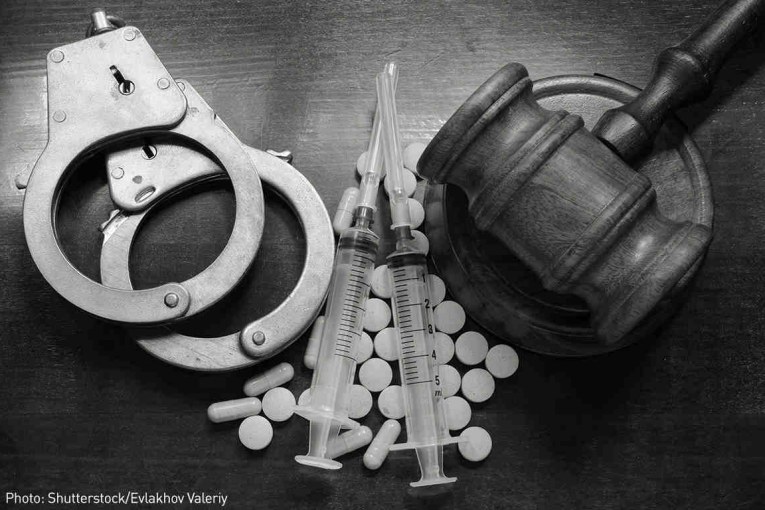

By Perla Brito
CAMDEN, NJ – The U.S. government said it wants states to use Medicaid funds for drug treatment in prison in an effort to fight drug addiction and help provide other medical services for people in state jails and prisons.
In 1965, Medicaid funds could not be used to help people who were incarcerated, but this past Tuesday, Dr. Rahul Gupta, director of the White House Office of National Drug Control Policy, said “states would be encouraged to submit proposals for how to use money from the joint federal-state low-income health insurance program for incarcerated people.”
“Those that do would be required to provide mental health and drug treatment and would have the option to add some other services,” Gupta told news outlets, adding, U.S. Centers for Medicare and Medicaid Services will release the full guidance this spring.
Gupta said, “Treating substance abuse disorder in prison and jails is smart” and federal prisons will be providing medications to treat substance use disorder, adding, “It’s a smart move for our economic prosperity, for our safety and health of our nation.”
The majority of people who are incarcerated “meet the criteria for drug dependence or abuse,” Gupta said.
And studies also show that “former inmates are far more likely to die in their first weeks after release than the average non-incarcerated person,” said a DC CBS affiliate, noting overdose is the leading cause of death for people who are newly released from jails and state prisons.
Advocates for policy changes like this believe improving health responses to substance use disorders can “keep people alive and reduce crime,” especially in “lockup.”
Gabrielle de la Gueronniere, the vice president for health and justice policy at the Legal Action Center, said, “We’re really hopeful that this coverage will help people improve their health outcomes and avoid additional involvement in the criminal justice system.”
Medicaid change could result in new drug treatment options in some places but the financial costs are troublesome, warn some.
Sarah Adelman, NJ State Human Services Commissioner, said “20 of the state’s 21 counties already have medication-assisted treatment programs at their jails,” explaining treatments are expensive, especially for Sublocade which is used for opioid addiction and is given through a shot every four weeks.
The SAFE Program funds these treatments, and Camden County Jail in New Jersey has spent more than $528,000 since 2019 to provide Sublocade to 170 people. It has cost $664,000 to provide a similar drug in a daily pill to about 3,100 people.
Rachel Parker, a Camden County Jail inmate, said “she was already being treated with Suboxone when she was brought to the jail in early January.” Previous jail stays meant a “painful withdrawal. It’s like you’re fearing death,” added Parker.
With Dr. Gupta’s recent announcement, Parker said that when she is released she will have a prescription to continue the treatment she has been receiving in jail.